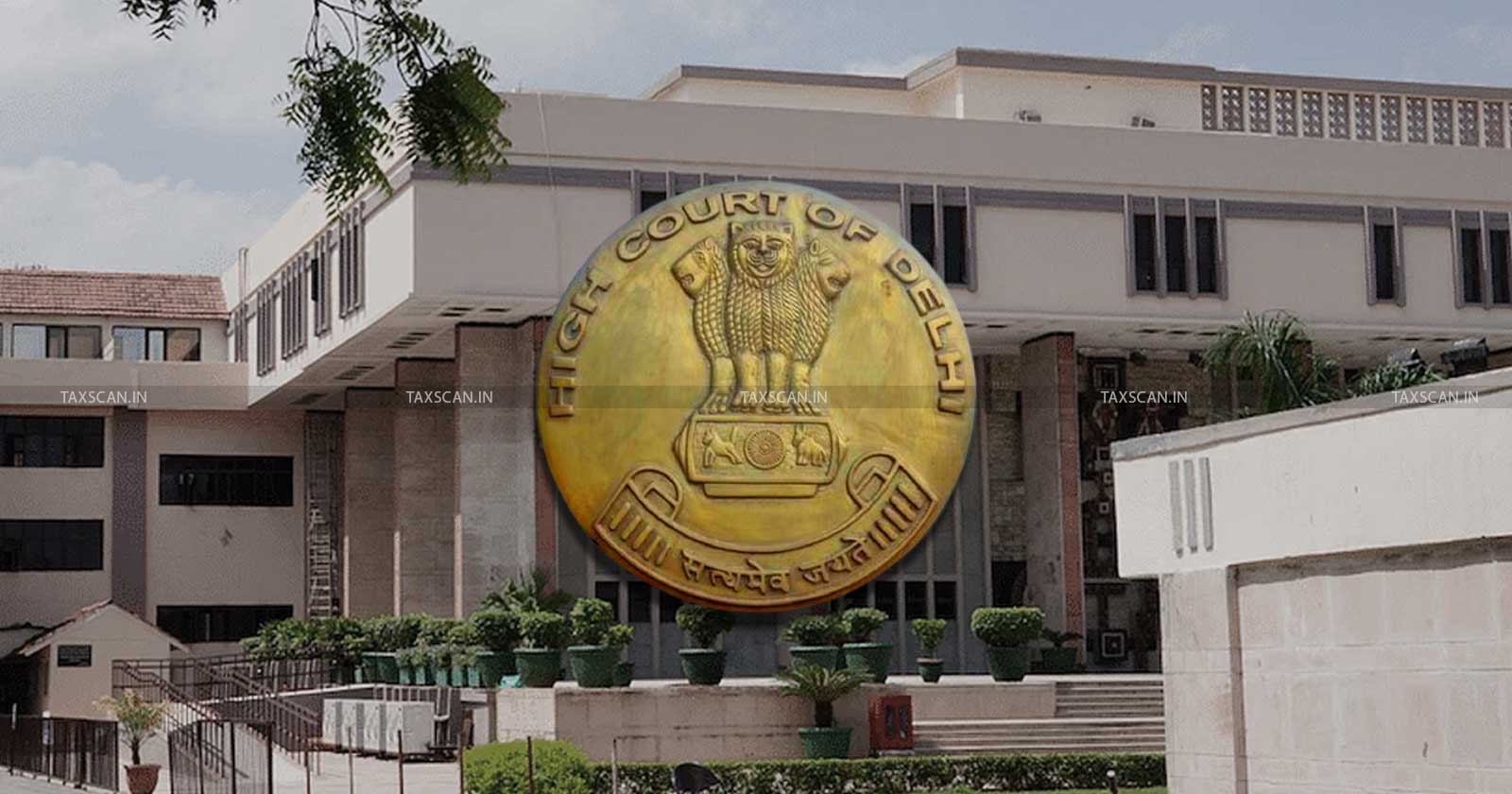No Requirement of Judicial Member in Anti-profiteering Authority: Delhi HC [Read Order]
The bench noted that the NAA has not assumed any jurisdiction which was hitherto being exercised by the High Court or any other judicial body

Anti Profiteering Authority – Delhi High Court – National Anti Profiteering Authority – GST – CGST – NAA – TAXSCAN
Anti Profiteering Authority – Delhi High Court – National Anti Profiteering Authority – GST – CGST – NAA – TAXSCAN
A division bench of the Delhi High Court has held that there is no requirement for the National Anti-profiteering Authority ( NAA ) to be constituted by judicial members. The bench noted that on examining the role and duties of NAA under Section 171(2) of the Central Goods and Services Tax ( CGST ) Act, 2017 and Rule 127 of the CGST Rules, 2017, it is apparent that NAA performs functions that are to be discharged by domain experts.
Assessee(s) contended that NAA essentially determines the rights of those complainants who filed complaints and determines liabilities of the tax assessees against whom such an application/complaint is made / received. Since the exercise of power by NAA is a quasi-judicial function, the absence of a judicial member in the constitution of NAA renders Section 171 of the CGST Act and Rule 122 of the CGST Rules illegal and void.
Asseessee(s) relied on the decision of the Supreme Court in Madras Bar Association v. Union of India, (2015), Madras Bar Association v. Union of India, (2010) and L. Chandra Kumar v. Union of India, (1997) to support their arguments
Revenue argued that the contention of the Petitioners that the absence of a judicial member in NAA renders the authority unconstitutional is not tenable as there is no universal principle that every quasi judicial authority at every level must have a judicial member. Such a requirement would not only be wholly impractical but also be legally suspect. Revenue relied on the decisions of the Supreme Court in Union of India vs. R. Gandhi, (2010), Rojer Mathews vs. South Indian Bank, (2019)
The division bench comprising Acting Chief Justice Manmohan and Justice Dinesh Kumar Sharma observed that on examining the role and duties of NAA under Section 171(2) of the CGST Act and Rule 127 of the CGST Rules, it is apparent that NAA performs functions that are to be discharged by domain experts. Even otherwise NAA has not assumed any jurisdiction which was hitherto being exercised by the High Court or any other judicial body, and so, the principle that there must be a judicial member in quasi-judicial entities as laid down in the decisions relied upon by the petitioners does not apply in the present batch of matters.
The assessee(s) were represented by P. Chidambaram, R. Jawahar Lal, Anuj Garg, Mohit Sharma and Harshita.
Revenue was represented by S. Ganesh, Tarun Gulati, Chinmoy Pradip Sharma, Pritesh Kapoor, V. Lakshmikumaran, Monish Panda, Rohan Shah,Abhishek A. Rastogi, Tushar Jarwal, Sparsh Bhargava, Puneet Aggarwal, Sujit Ghosh, S. Suresh, Nikhil Gupta, Shashank Shekhar and Priyadarshi Manish.
To Read the full text of the Order CLICK HERE
Support our journalism by subscribing to Taxscan premium. Follow us on Telegram for quick updates


